Information on NHS Choices.
No results could be found
No results could be found
Speech and language therapy provides treatment, support and care for children and young people who have difficulties with communication, or with eating, drinking and swallowing.
Our aim is to work in partnership with key people (parents, carers, teachers, pre-schools, occupational therapist, physiotherapists, nurses and doctors) in your child’s environment to support their communication development.
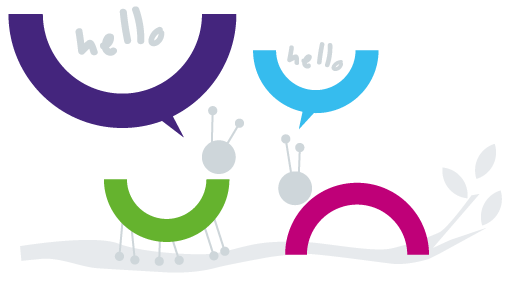
Communication aids that help or replace speech.
Auditory processing disorder (APD) is difficulty understanding sounds, including spoken words.
Information regarding bilingualism and speech and language development.
A cleft is a gap or split in the upper lip and/or roof of the mouth (palate).
Supporting communication development in the early years.
Eating, drinking and swallowing difficulties in babies, children, and young people.
Information regarding hearing loss which may be partial or total loss in either one or both ears.
Information about language and communication needs in school aged children.
Selective mutism is a term used to describe children who are only able to talk comfortably to a few people, for example, family members.
Information about speech sound development in children
Stammering is when a child / young person or adult repeats sounds, stretches sounds out or words become stuck and no sounds come out at all.
Information regarding changes that can occur in your voice quality.
Speech and language therapy benefits people of all ages, for example:
Infants: Speech and Language Therapists (SLT’s) support premature babies and infants with conditions such as cerebral palsy, cleft palate and Down syndrome from very early in life as well as infants who have difficulties with drinking / swallowing and developing their early play and communication skills.
Children / Young People: Speech and Language Therapists support children with primary speech, language and communication difficulties for example, development language disorder (DLD), speech sounds, selective mutism. More information regarding specific areas of speech and language including advice and support can be found on the following pages.
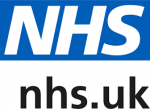
Information on NHS Choices.

For information relating to speech, language and communication needs.
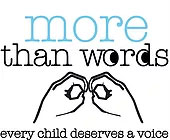
A Kent based charity that provides free Makaton training to parents / carers and information on local events.
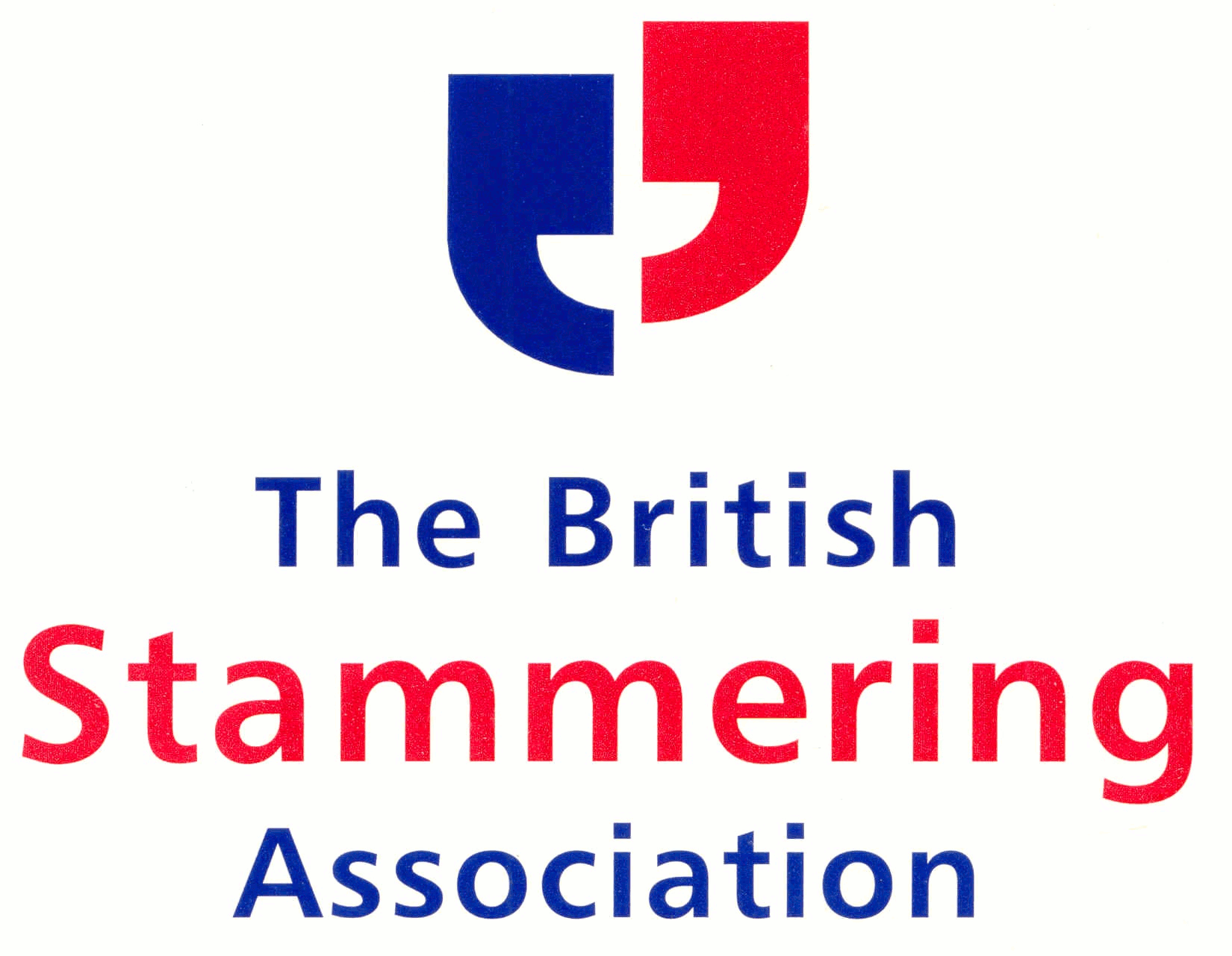
Information, advice and support for children, young people and their families regarding stammering.
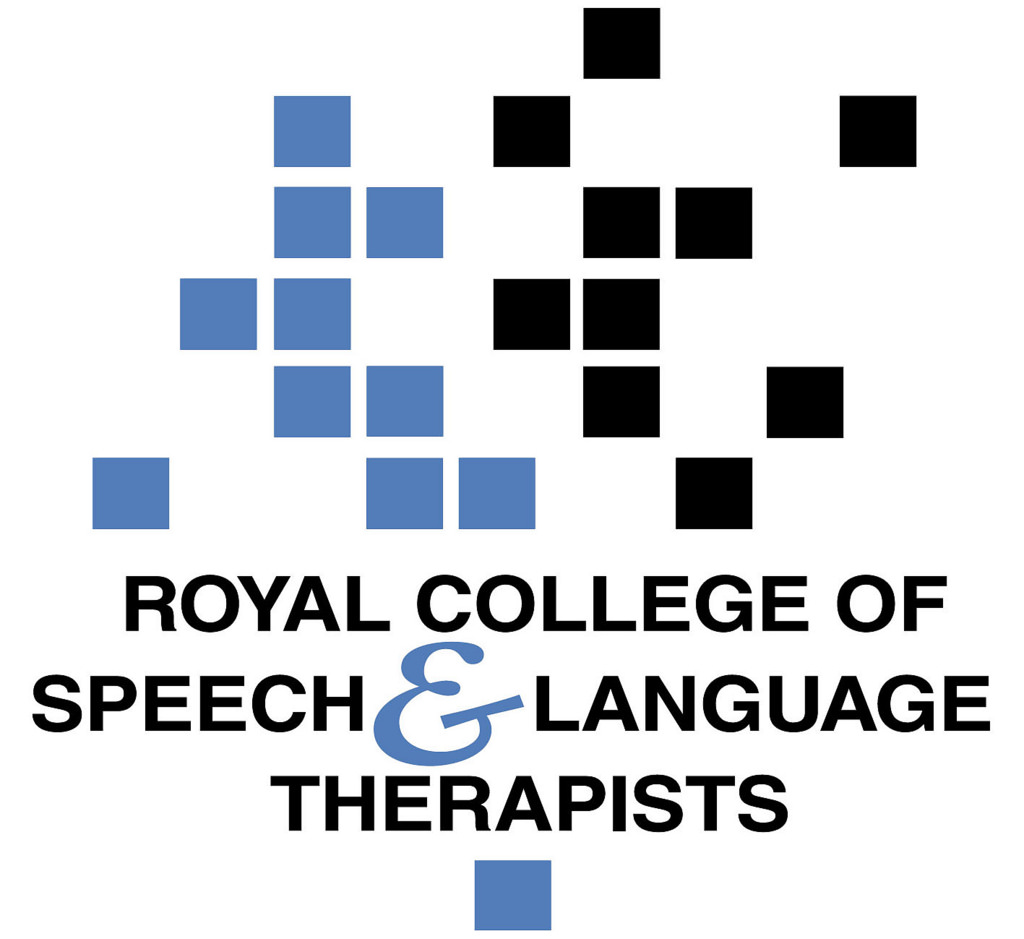
The professional body for Speech and and Language Therapist, including information, facts, research and careers.
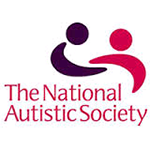
The National Autistic Society (NAS) is a British charity for people with Autistic Spectrum Disorders (ASD), including Autism and Asperger Syndrome. The purpose of the organisation is to improve the lives of people with Autism in the United Kingdom.
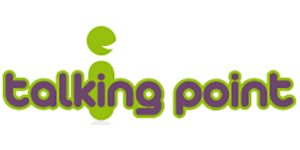
Advice for teaching staff around adapting the classroom environment and supplementing teaching approaches.
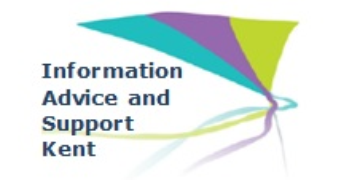
For information and support regarding educational needs.

This website supports parents and represents children and young people with speech, language and communication needs.

National website for information about the Makaton sign and symbols programme.

Information, advice and support for children, young people and their families regarding selective mutism.
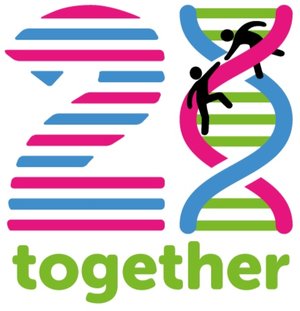
Working together with the Down’s Syndrome Community in Kent to raise expectations and realise potential.

Children and adults with Down’s syndrome are all unique individuals with their own personalities, family backgrounds and preferences that make them who they are.

Tiny Happy People is here to help you develop your child's communication skills. Explore our simple activities and play ideas and find out about their amazing early development.